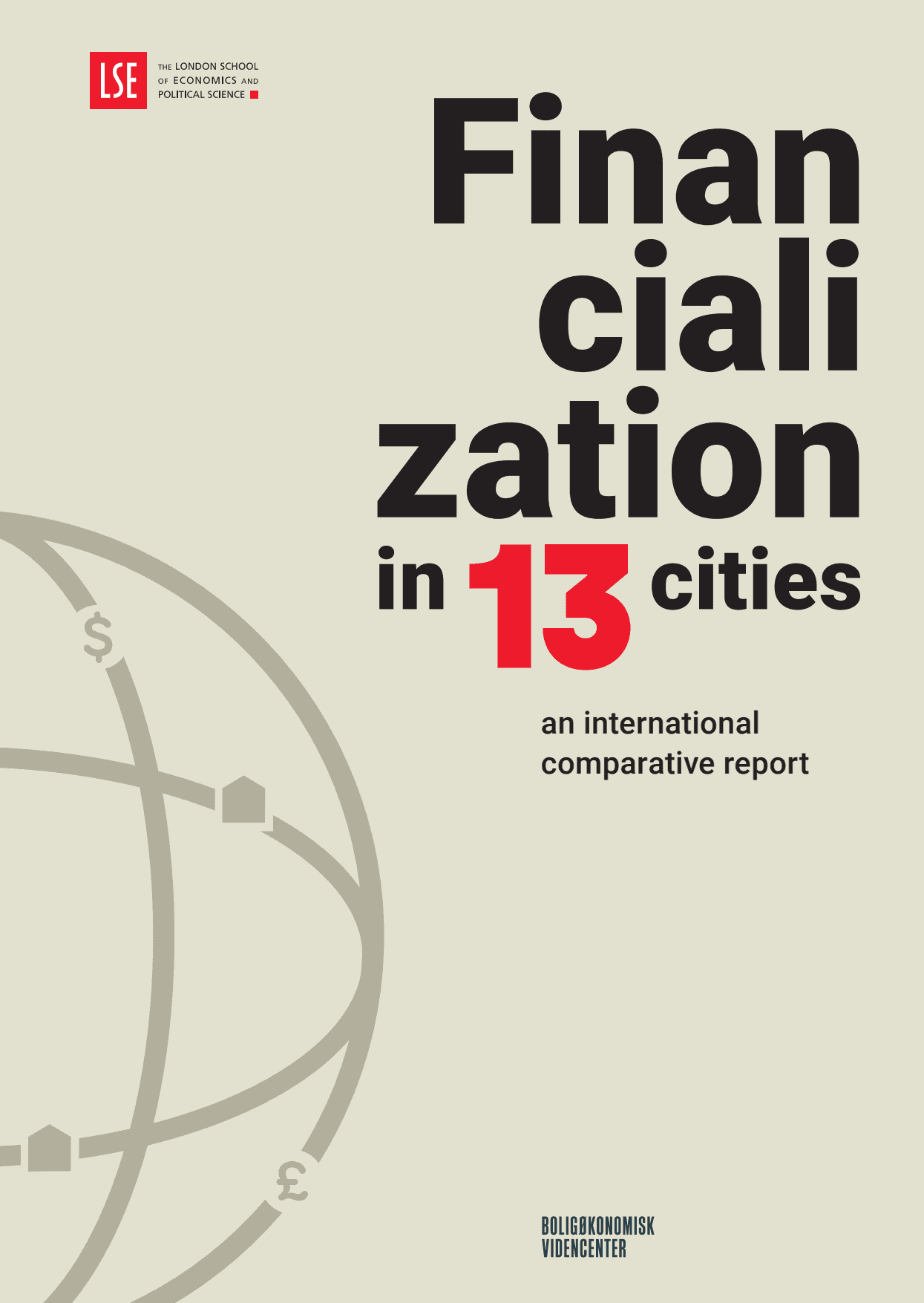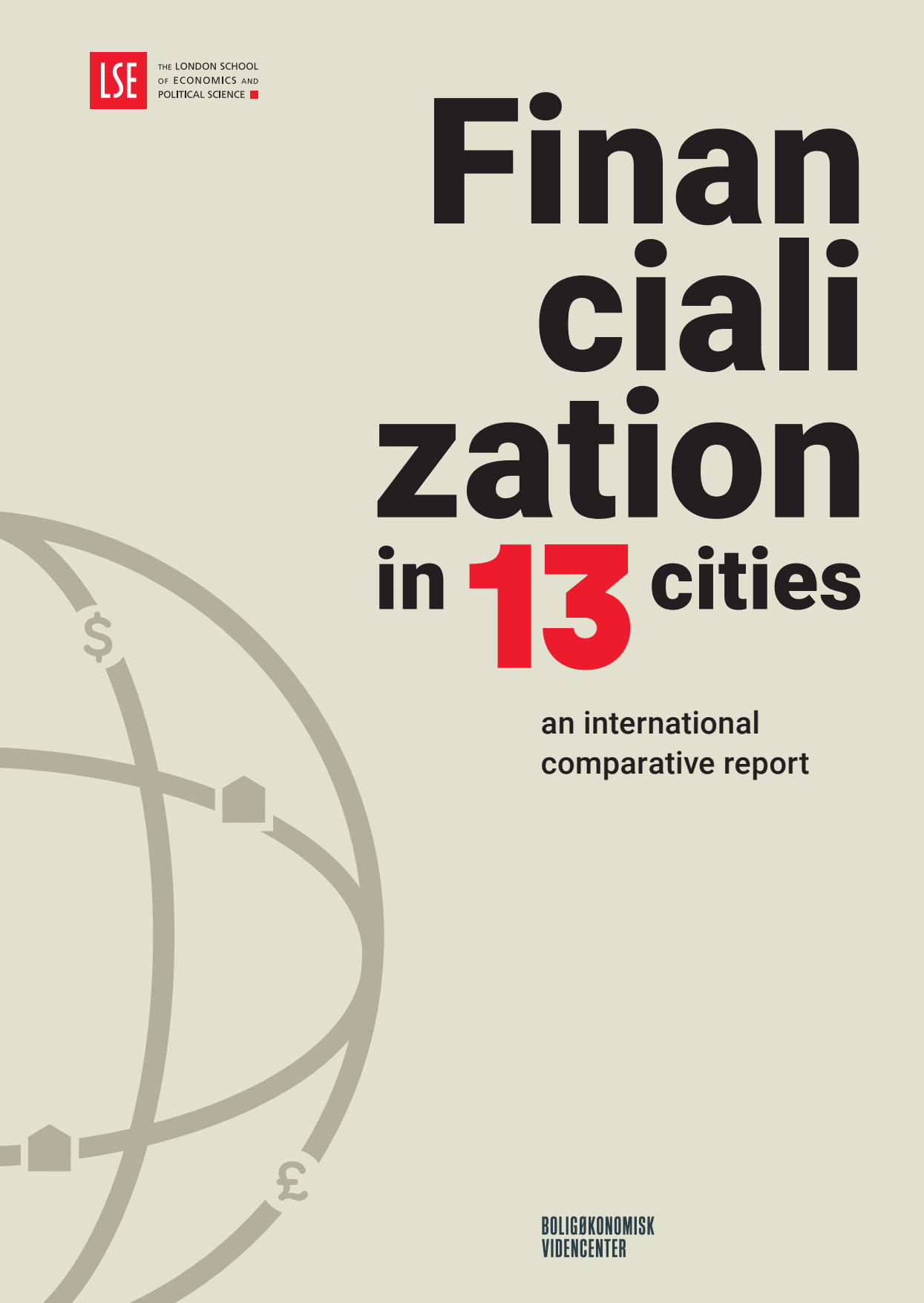🌍 Context and Authors
The report titled "Financialization in 13 cities: an international comparative report" is a comprehensive analysis of the financialization of housing markets across 13 major cities globally. Authored by Christine Whitehead, Kath Scanlon, Michael Voigtländer, Jacob Karlsson, Fanny Blanc, and Martina Rotolo, along with contributions from local experts, the report was published in April 2023 by the London School of Economics (LSE). This institution is renowned for its research in social sciences, including economics and urban studies, making it a credible source for understanding complex housing issues.
📈 Key Findings
The report identifies the financialization of housing as a significant global concern, particularly in cities with high housing demand. It describes the shift in perception of housing from merely a living space to an investment asset, which has led to increased costs and insecurity for residents. The impact of this phenomenon varies widely depending on national policies, regulatory frameworks, and the level of international investment.
🌐 National Contexts
Countries were categorized into four distinct groups based on their approach to international finance and regulatory frameworks.
-
Deregulated Markets: This category includes the USA, England, Canada, and Hong Kong, characterized by open financial systems and limited regulations, allowing for significant foreign investment.
-
Owner-Occupation Dominant: Australia, New Zealand, and Singapore fall into this category, where home ownership is prevalent, and regulations are in place to limit foreign investment.
-
Financially Open with Changing Regulation: Portugal and Spain are acknowledged as financially open but are implementing more regulatory measures to manage housing markets better.
-
Strongly Regulated: Denmark, Sweden, Germany, and Ireland are noted for their stringent rent regulations and strong security of tenure, providing a contrasting approach to housing market management.
🏙️ City-Level Analysis
The report delves into the specific cities at the forefront of financialization discussions, highlighting those with growing populations, escalating rents, and declining affordability. Cities like Vancouver and Miami are heavily influenced by international investments, while others, particularly in Scandinavia and Germany, face challenges from private equity firms exploiting regulatory gaps.
📉 Effects on Housing Markets
Financialization has been linked to rising housing prices and rents, exacerbated by rapid changes in demand and sluggish responses in supply. The proliferation of short-term rental platforms, such as Airbnb, has also contributed to the reduction of long-term rental availability, further straining affordability for residents.
🏛️ Anti-Financialization Policies
The report explores various governmental interventions aimed at alleviating the adverse effects of financialization. Strategies include implementing rent control measures, imposing restrictions on short-term rentals, amending planning laws, and enhancing transparency for foreign buyers. These policies seek to mitigate the negative impacts of financialization on local housing markets.
💼 Investor Perspectives
Insights from major investors reveal both advantages and drawbacks associated with financialization. While it may lead to increased efficiency and innovation in housing markets, it also contributes to rising housing costs and market volatility, creating a complex landscape for stakeholders.
📜 Conclusion
In conclusion, the report emphasizes that financialization is a multifaceted issue with diverse impacts across different contexts. It calls for tailored policy responses to address the unique challenges faced by each city and country, aiming to balance economic efficiency with social equity and housing affordability.

